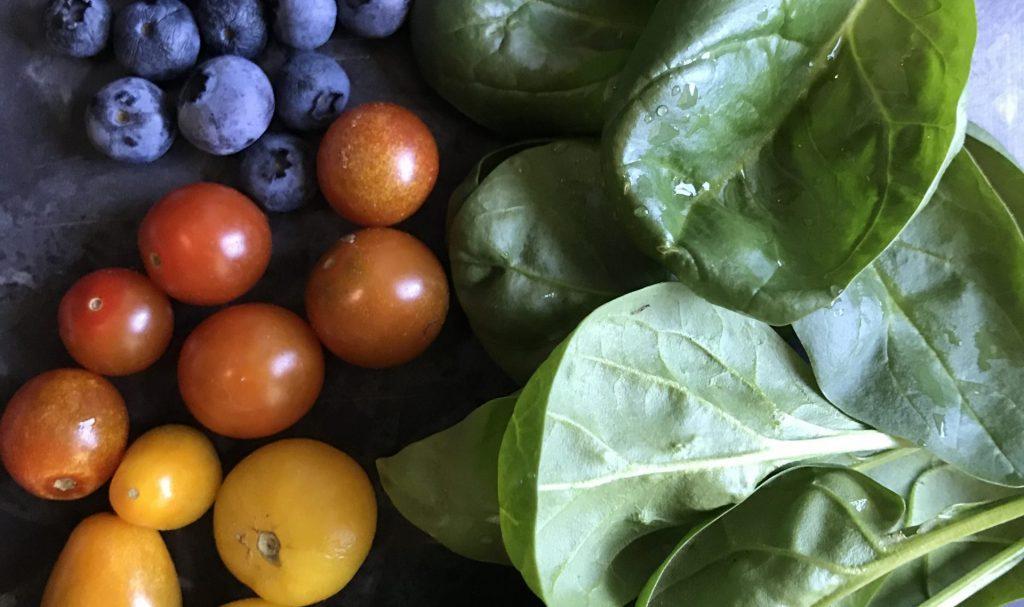If you’re like most people, you want to do what’s best for your health and the environment. You may have even considered going organic, but weren’t sure where to start.
Here are some tips to help you get started with your organic garden.
What is Organic Gardening?
Organic gardening is the practice of gardening without the use of synthetic fertilizers or pesticides. It relies on organic matter to provide nutrients to plants, and uses natural methods to control pests and diseases.
Organic gardening can be done in any type of garden, and is a great way to get kids involved in gardening. It’s also a great way to get fresh, healthy food while helping the environment.
There are many benefits to organic gardening, including:
- improved soil health
- less pollution
- reduced pesticide and herbicide use
- more biodiversity
- healthier plants
- healthier food
Organic gardening takes a little more time and effort than traditional gardening, but it is well worth it!
Choose the right plants for your climate
When it comes to gardening, different plants thrive in different climates. If you want to have a successful garden, it’s important to choose plants that are suited to your climate.
In general, there are three types of climates: tropical, temperate, and arctic. If you live in a tropical climate, you can grow just about any type of plant.
However, if you live in a temperate or arctic climate, you need to be more selective about the plants you choose.
Some plants are more tolerant of cold weather than others.
If you live in a temperate or arctic climate, it’s important to choose plants that can withstand the colder temperatures.
Amend the soil with compost or other organic matter
Adding compost or other organic matter to your soil is a great way to improve its quality and fertility.
Compost is made up of organic materials such as leaves, grass clippings, and food scraps, and it helps to improve the texture and structure of your soil while providing nutrients for plants.
Other organic materials such as green manures, animal manures, and mulches can also be used to improve your soil.
When adding organic matter to your soil, it’s important to make sure that it is evenly mixed throughout.
You can do this by tilling or digging the organic material into the top 8-12 inches of your soil.
This will help to ensure that your plants are able to access the nutrients they need.
Water your garden regularly, but not too much
Watering your garden is important, but it’s also important not to water it too much.
Over-watering can cause the roots of your plants to rot, and it can also lead to fungal growth.
So be sure to water your garden regularly, but make sure not to over-water it.
Use natural pest control methods where possible
Natural pest control methods are a great way to get rid of unwanted pests in your home without using harsh chemicals.
There are many different ways to go about using natural pest control, so it is important to find the method that works best for you and your specific situation.
One common natural pest control method is to use herbs and plants.
Certain herbs and plants have properties that make them effective at repelling or killing pests.
For example, lavender is known to repel moths, while mint can be used to deter mice.
There are many other herbs and plants with similar effects, so doing some research on which ones would work best for your specific pest problem is a good idea.
FAQ’s for Organic Gardening
As more and more people are becoming interested in organic gardening, they are looking for ways to care for their gardens in the most sustainable way possible.
There are a number of things you can do to make sure your garden thrives while using as few resources as possible. Here are some tips on how to care for your organic garden.
Are organic gardens more sustainable?
Organic gardens are more sustainable because they don’t rely on pesticides and fertilizers that can be harmful to the environment.
Pesticides and fertilizers also leach into groundwater, causing environmental damage. Additionally, organic gardens promote biodiversity, which is important for a healthy planet.
How do I start an organic garden?
To start an organic garden, you will need to begin by creating a rich and fertile soil bed. You can do this by adding organic matter like compost, leaves, or manure to your soil.
You may also want to add some organic fertilizer to help feed your plants.
Once your soil is ready, you can then plant your seeds or transplants. Be sure to water your garden regularly and mulch around your plants to help keep the weeds down.
With a little care, you will soon be enjoying fresh, organic produce from your own backyard!
What kind of plants grow well in an organic garden?
An organic garden is a great way to have fresh, homegrown produce right in your backyard.
While just about any plant can be grown in an organic garden, some plants grow better than others.
Some plants that do well in an organic garden include tomatoes, bell peppers, cucumbers, zucchini, spinach, lettuce and carrots.
Conclusion
Organic gardening can be a rewarding experience, both for the gardener and the environment.
It’s important to remember that organic gardens require more time and effort than traditional gardens, but the benefits are worth it.
By following these tips, you can care for your organic garden and enjoy fresh produce all season long.

